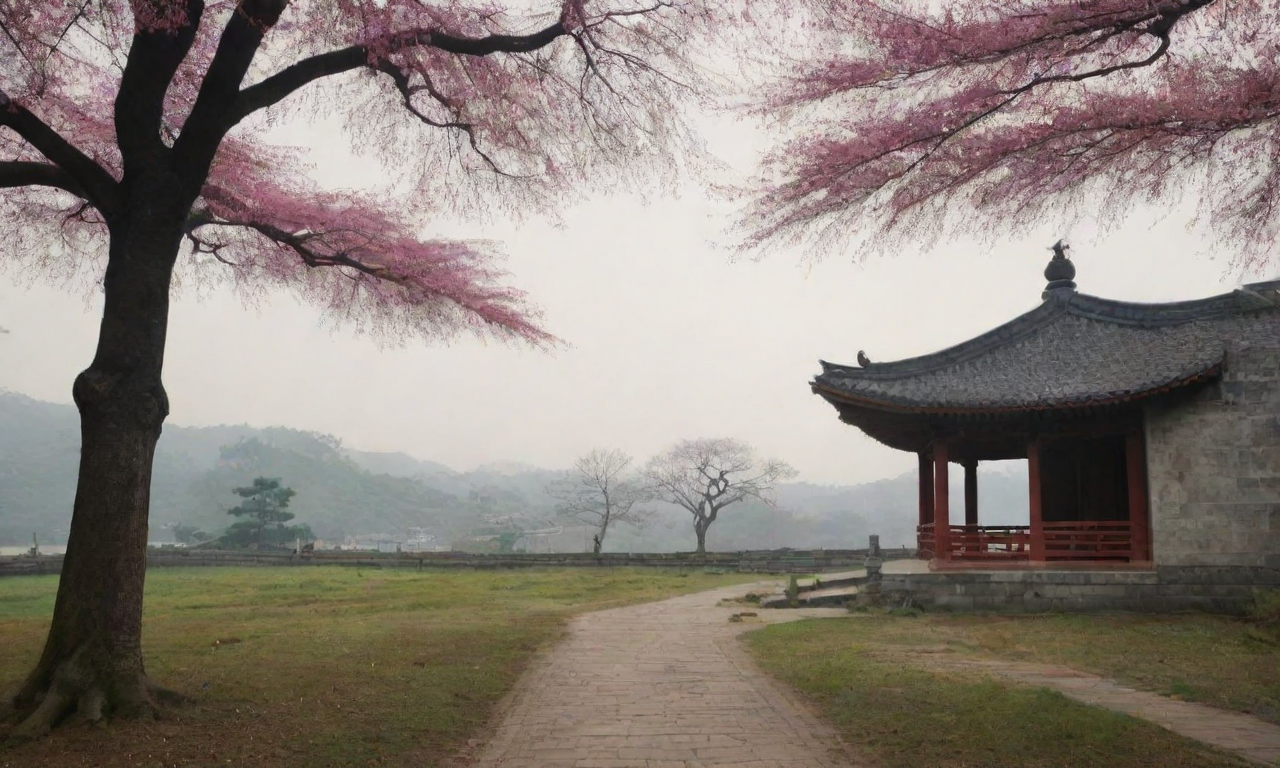Getting out of bed on cold winter mornings is incredibly difficult, and many people struggle with the temptation to stay in their warm, cozy blankets a little longer. Despite the alarm clock’s relentless ringing, the desire to stay snuggled in bed is strong. Is this difficulty in getting up during the winter simply due to laziness?
No! The predilection for staying in bed during winter has a scientific basis!
The drop in temperature and the reduction in daylight hours
can affect our sleep
One critical reason we need sleep is to conserve energy. Cold environments often require more energy to keep warm. To minimize energy expenditure, people are naturally inclined to seek refuge under warm blankets. Research has shown that body temperature is intentionally lowered during sleep and starts to slowly come back up as we approach waking. If it's cold outside, the body will need more time to warm up fully, which can delay the transition from sleep to wakefulness.[1]
The duration of daylight influences the secretion of melatonin, an indole hormone produced by the pineal gland in the brain. Its main role is to regulate circadian rhythms and induce sleep. Its synthesis and rhythms are controlled by the light-dark cycle. As night falls and light stimulation decreases, melatonin secretion increases, leading to drowsiness and sleep; whereas during the day when light is abundant, melatonin production drops, contributing to alertness. At 6 a.m., the sun may have already risen in the summer, but in winter it's still dark at that time. Thus, with the same wakeup time, the body maintains a higher level of melatonin due to the weak light stimuli in winter, making it feel sleepier.[1]
Certain habits unique to winter
could encourage you to linger in bed
In winter, people often shut doors and windows tightly to retain heat, which leads to a relatively closed indoor environment. Throughout the night, the human metabolic process will increase the CO2 levels in the room. High carbon dioxide concentrations can decrease sleep quality and make it harder to wake up in the morning.[2]
Beyond just shutting our doors and windows, we all tend to use thick blankets when sleeping in winter, and the heaviness of the blankets can lead to a more profound sleep, making us more inclined to stay in bed.
Research has found that deep pressure stimulation can improve sleep. Sleeping under a heavy blanket (6 ~ 8 kg) for a month can significantly improve sleep quality and reduce symptoms of depression and anxiety. This is because pressure stimulation activates the parasympathetic nervous system, slowing down respiration and heart rate, which calms the body quickly and produces a sedative effect. It lowers overall alertness, alleviates stress, and promotes sleep. Deep pressure stimulation can also encourage the secretion of more melatonin and serotonin, reduce cortisol levels, relieve tension, leading to deeper sleep.[3]
A proper amount of lounging in bed
can be beneficial for our bodies
Winter is a season with a higher incidence of cardiovascular and cerebrovascular diseases, particularly in the early morning hours.
As we wake up and transition from rest to an awake state, blood levels of vasoconstricting factors significantly increase, as does the speed of our heartbeat and cardiac output. This often results in a peak period of high blood pressure. If you get up too abruptly, the risk for cardiovascular and cerebrovascular disease increases. Additionally, some people have weaker blood pressure regulation and may experience orthostatic hypotension upon standing up suddenly from lying down, leading to dizziness or fainting which can be harmful to health.[4]
The temperature difference inside and outside the blanket is quite significant in winter. Waking up and leaving the bed immediately can expose the body to the chilly surroundings, causing fluctuations in blood pressure. Therefore, lingering in bed for a while allows the body adequate time to adapt to the temperature difference between inside and outside the blanket.
Since staying in bed is so important
how can we appropriately lounge in bed?
While there are benefits to staying in bed, it should be done in moderation. The recommended time for lounging in bed is generally 15-30 minutes. Staying too long may lead back to falling asleep, which can be counterproductive towards waking up fully. Spending too much time in bed could also mean skipping breakfast. For alarm clocks, which are indispensable to those with difficulty waking up, careful consideration should be given to their settings: choose a gentle, soothing tone to avoid harshness and set the volume to increase gradually, allowing the brain to adapt.
The brain, once adjusted, can make getting up a three-step process:
After the alarm goes off, lie still: Upon being woken by the alarm, take a moment to lie still without rushing to get up. Give yourself a few minutes to adjust to your surroundings and allow your body time to "boot up."
After getting up, sit for a bit: Once your brain is alert, prepare to get out of bed but start by sitting up for a moment and leaning on a pillow if necessary. This can prevent significant fluctuations in blood pressure due to rapid changes in posture.
Before getting out of bed, pause and sit: Before standing up, sit with your legs at the edge of the bed and move your feet and arms a little, stretching if needed. This helps improve blood circulation in the limbs, preventing numbness and stiffness accumulated overnight, thus fully waking the body.
[1] Zhao Zhongxin. Sleep Medicine [M] Beijing: People's Medical Publishing House 2016
[2] Wang Mei, Zhang Xiaojing, Luo Guanzhang, et al. Study on the Association Between Bedroom Environment During the Heating Season and Sleep Quality in Beijing [J]. Heating Ventilating & Air Conditioning, 2023, 53(4):143-148. DOI:10.19991/j.hvac1971.2023.04.23.
[3] Wang Xiaoli, Zou Xinping, Zhang Ziyan, et al. Advances








